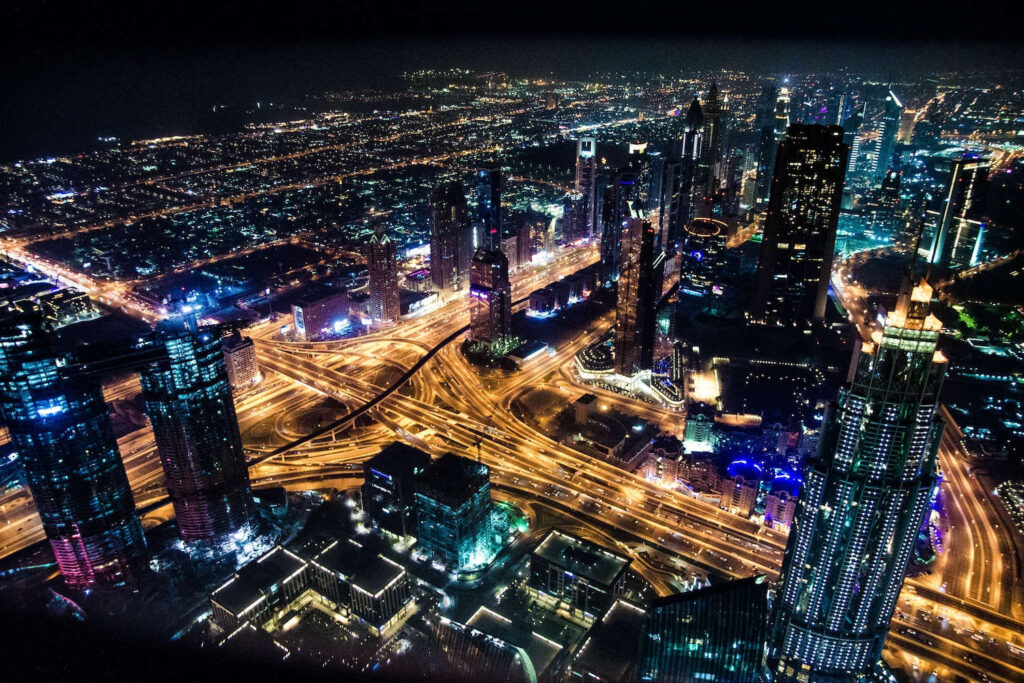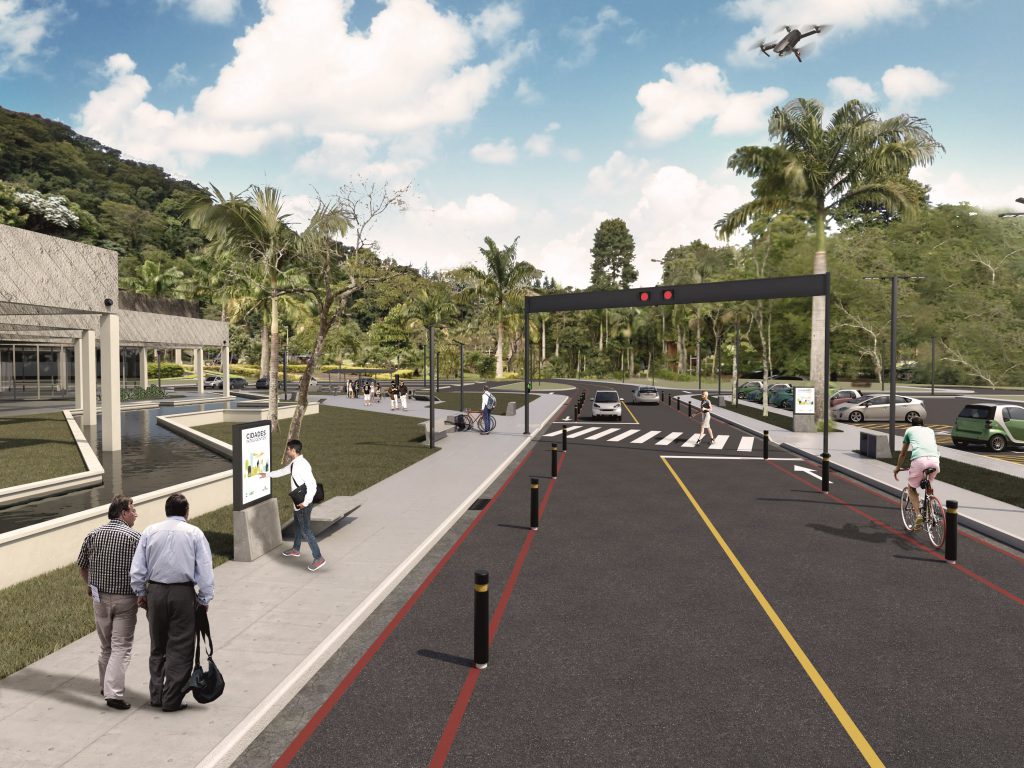Smart cities, also called smart cities, use technology in favor of the quality of life of the population - especially with regard to urban mobility, transport and security. With the advancement of technology, they are increasingly common and have already become a reality.
Billions of dollars are invested every year to facilitate the daily lives of residents of several smart cities and their technologies, making the economic and social development of these places much higher.
As an example of smart cities, we can mention London, Amsterdam and São Paulo. In the capital of England, the focus is on investment in transport technologies, such as the 400 km long subway: London Underground.
In the Dutch capital, bike lanes stand out for providing a huge reduction in polluting gases and, in São Paulo, the strongest feature is linked to urban mobility, with bus lanes and bike lanes.
The ranking of smart cities prepared by IESE Business School classifies cities according to aspects such as economy, environment, technology, mobility, human capital, governance, urban planning and transport.
In Brazil, a series of living laboratories are already being tested by cities and controlled environments. Plantar Ideias was also responsible for the project developed for ABDI (Brazilian Agency for Industrial Development), in partnership with Inmetro, in the development of the first campus for testing and validating technology products for smart cities.
Continue reading to learn more about smart cities and their technologies!
What are smart technologies?
Smart technologies are designed to do more with less. In the case of smart cities, they manage to interconnect various components within cities, favoring the use of resources, the agility of processes, the economy and, of course, the daily lives of the population.
Usually, this type of technology is linked to the concept of Internet of Things (IoT) – or Internet of Things, in Portuguese. This solution manages to connect intelligent technologies so that they cause even more positive impacts on people and companies.
The types of smart technology
See what types smart city technology currently used:
smart energy
Regarding smart energy, we can mention the LED lights used in residential and commercial developments. They are more economical and efficient and therefore use less energy resources to offer the same results.
This model can also be used on public lighting poles with automatic connection systems, which allow them to be connected only when there is an effective need, in addition to facilitating system maintenance.
In addition, smart energy – especially that which includes digital LED solutions – can be very useful for obtaining data on the population's energy consumption, leading to the creation of new solutions to further optimize energy use.
smart transport
Smart transport is one of the types of technology that appears most in smart cities around the world. It can be applied not only to electric vehicles, but also to traffic solutions, such as smart traffic lights.
Another solution is smart parking and public transport. With real-time information on availability and distance, people are able to be more agile when moving around, which helps to increase the quality of life of the population.
Data collection and analysis
For new smart technology solutions to be created, it is necessary to use data collection and analysis from cities. This can be done through technologies for obtaining data on traffic, public lighting, security, etc.
The data is organized in a way that can generate new insights for city planning, for example. To do this, it is possible to use open data portals, which everyone can feed, in addition to applying smart solutions that already exist in cities to help with this task.
IoT smart devices
The Internet of Things is one of the main strategies to implement smart technologies in cities. With it, it is possible to leave everything interconnected through visibility devices, smart cameras, sensors and much more. IoT devices still help collect data and organize it, facilitating processing.
The importance of smart cities and their technologies for the quality of life of the population
The great relevance of smart technology for cities lies in the better use of local resources, such as water, energy and raw materials, for example. By using these resources optimally, the entire population benefits, as they will be able to enjoy the same facilities at more affordable prices.
Furthermore, it is worth mentioning that the application of intelligent technologies allows urban mobility to be improved, making people arrive faster and more safely at their destinations.
Did you like the content? Then continue browsing the Plantar Ideias website to learn about our projects!
know more about o que são cidades inteligentes | Confira quais são as cidades planejadas no Brasil





